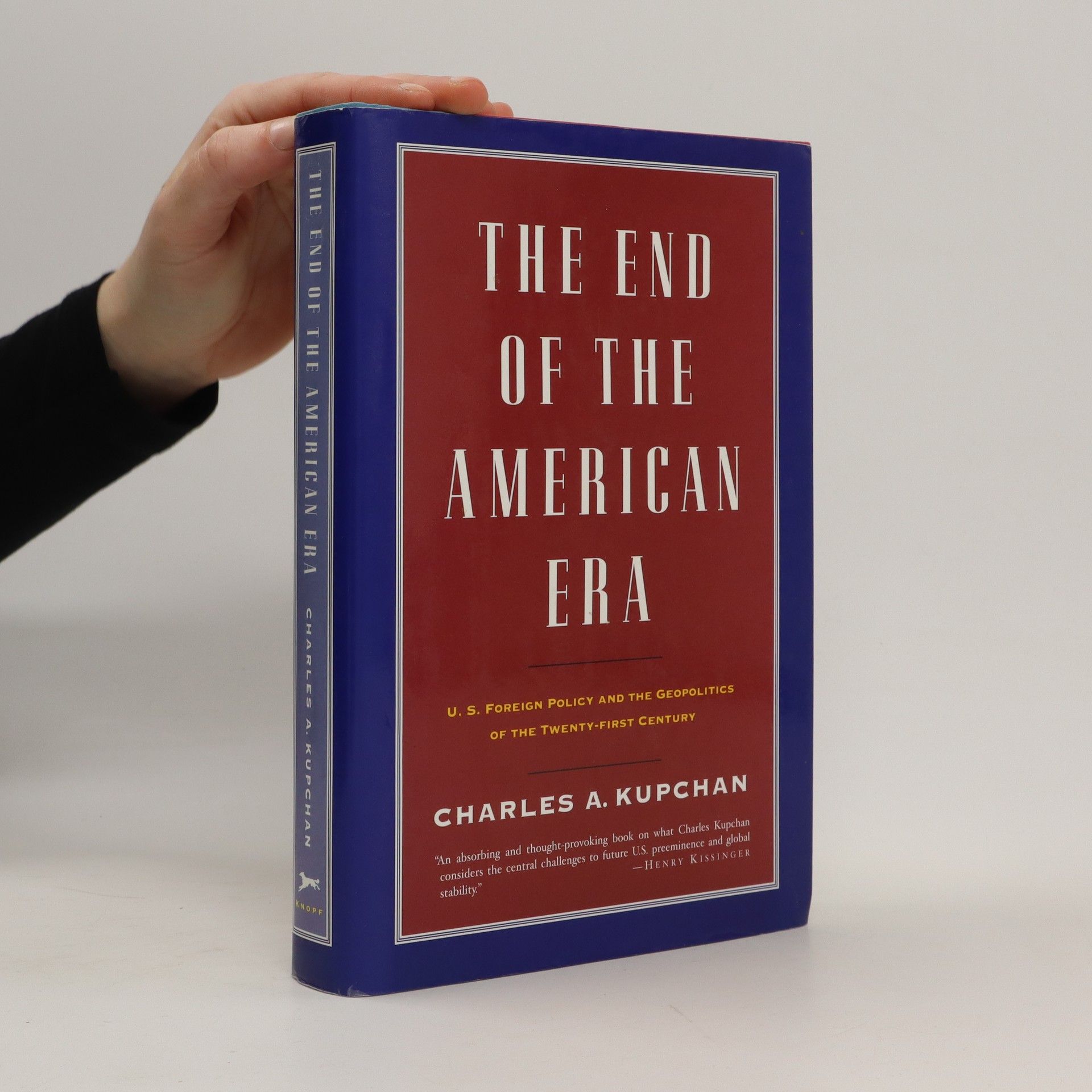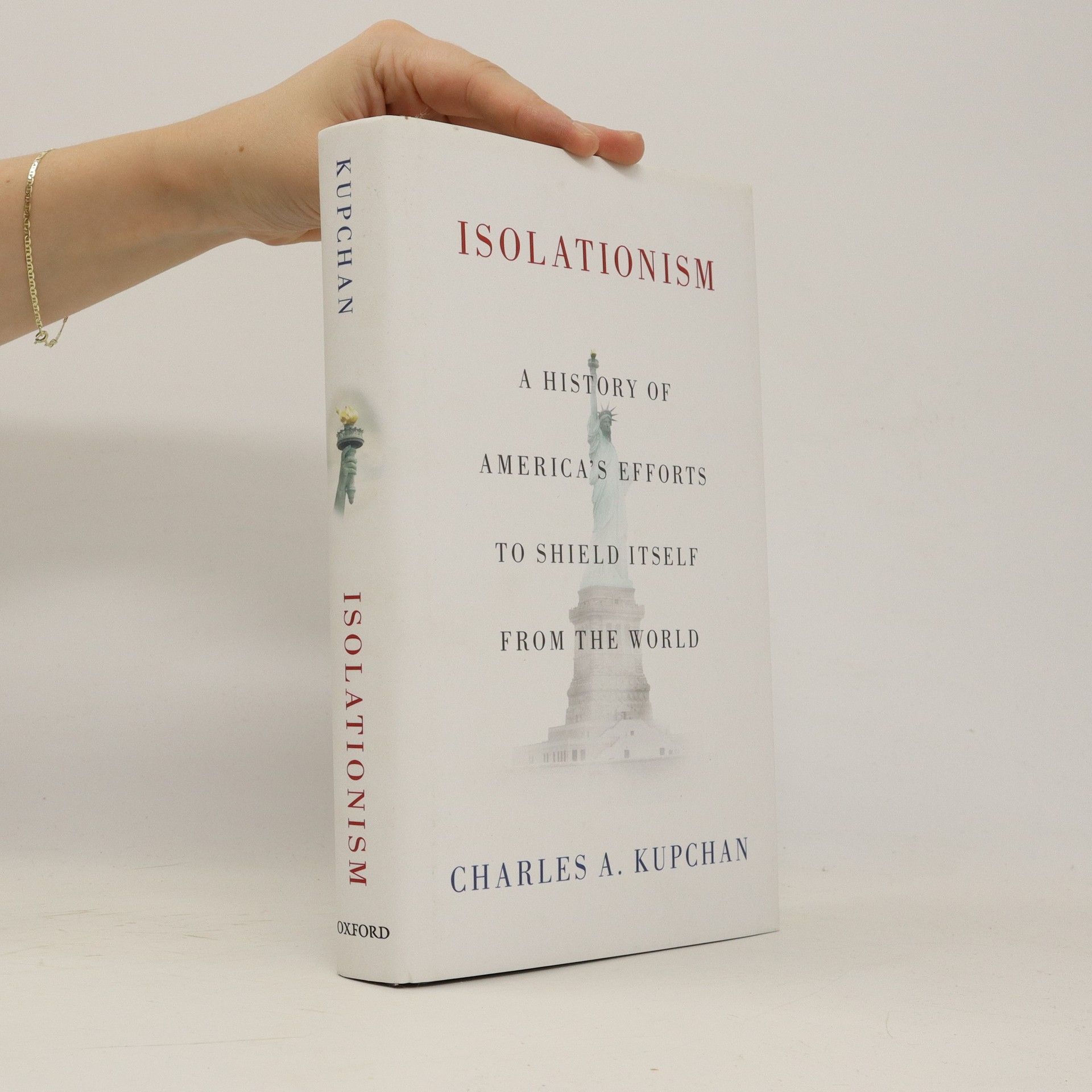Izolacjonizm. Jak w swojej historii Ameryka odgradzała się od świata
- 500 pages
- 18 hours of reading
W obliczu rosnących głosów nawołujących do wycofania się Ameryki z międzynarodowej aktywności, autor przypomina o pułapkach izolacjonizmu oraz jego atrakcyjności. Książka oferuje dogłębną analizę historii polityki zagranicznej USA, dostarczając cennych wskazówek dla badaczy i decydentów, jak kształtować bardziej zrównoważoną i realistyczną politykę. Autor podkreśla, że asertywna polityka zagraniczna była w historii USA wyjątkiem, co sprawia, że jego praca jest zarówno przemyślana, jak i angażująca. Książka jest uznawana za przenikliwie napisaną historię polityczną, która zachęca do refleksji nad przeszłością i przyszłością amerykańskiego zaangażowania na arenie międzynarodowej. W treści omówiono różne okresy izolacjonizmu, od jego początków w latach 1789-1898, przez niepowodzenia realistycznych i idealistycznych nurtów w latach 1898-1941, aż po rozwój i upadek liberalnego internacjonalizmu w latach 1941-2020. Książka stanowi ważny głos w debacie na temat roli Stanów Zjednoczonych w świecie.




